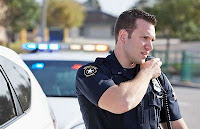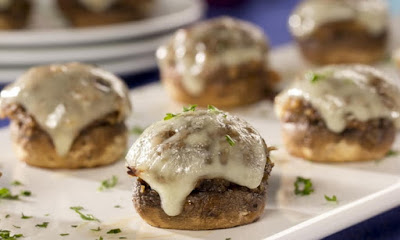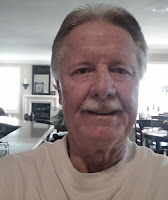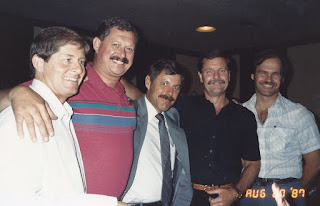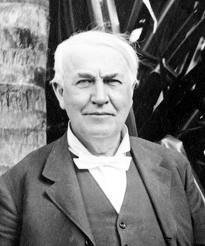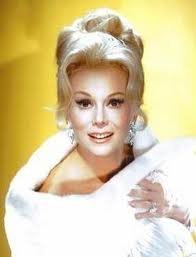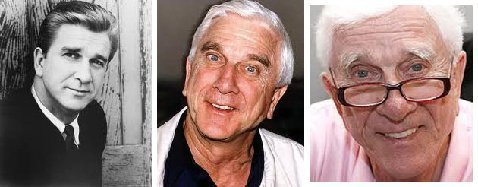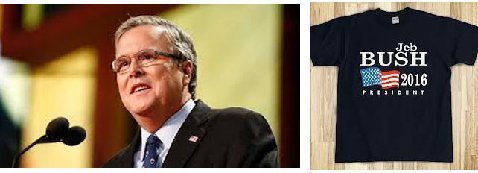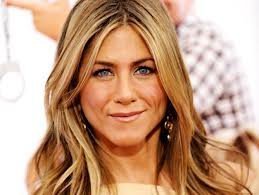Harry Lillis "Bing" Crosby Jr. (May 3, 1903 – October 14, 1977) was an American singer and actor. The first multimedia star, he was one of the most popular and influential musical artists of the 20th century worldwide. He was a leader in record sales, radio ratings, and motion picture grosses from 1926 to 1977. He made over 70 feature films and recorded more than 1,600 songs.
His early career coincided with recording innovations that allowed him to develop an intimate singing style that influenced many male singers who followed, such as Perry Como, Frank Sinatra, Dean Martin, Dick Haymes, Elvis Presley, and John Lennon.
Crosby influenced the development of the post World War II recording industry. After seeing a demonstration of a German broadcast quality reel-to-reel tape recorder brought to America by John T. Mullin, he invested $50,000 in California electronics company Ampex to build copies. He then persuaded ABC to allow him to tape his shows. He became the first performer to prerecord his radio shows and master his commercial recordings onto magnetic tape.
Through the medium of recording, he constructed his radio programs with the same directorial tools and craftsmanship (editing, retaking, rehearsal, time shifting) used in motion picture production, a practice that became industry standard. In addition to his work with early audio tape recording, he helped finance the development of videotape, bought television stations, bred racehorses, and co-owned the Pittsburgh Pirates baseball team, during which time the team won two World Series (1960 and 1971).
Crosby was born on May 3, 1903 in Tacoma, Washington, in a house his father built at 1112 North J Street.
In 1906, his family moved to Spokane in Eastern Washington state, where he was raised. In 1913, his father built a house at 508 E. Sharp Avenue.
The house sits on the campus of his alma mater, Gonzaga University. It functions today as a museum housing over 200 artifacts from his life and career, including his Oscar.
On October 14, 1977, the legendary crooner dropped dead at La Morajela golf course near Madrid. Crosby was on the putting green following the completion of a round of golf when he collapsed and died instantly from a massive heart attack. According to reports, his last words were, "That was a great game of golf, fellas. Let's go have a Coca-Cola."
If you want to read a lot more about Bing, go here:
https://en.wikipedia.org/wiki/Bing_Crosby
- 1 pound large fresh mushrooms
- 3 tablespoons butter
- 1/2 cup finely chopped onion
- 1 packet onion soup mix
- 1 tablespoon water
- 1/4 cup plain bread crumbs
- 1/8 teaspoon black pepper
- 3 slices Swiss cheese, each slice cut into 4 squares
- Preheat oven to 375º. Gently clean mushrooms by wiping them with damp paper towels. Remove stems from 12 mushrooms; set aside caps. Finely chop mushroom stems and remaining whole mushrooms.
- In a large skillet over medium heat, melt butter; cook onion 3 minutes, or just until soft. Stir in chopped mushrooms, onion soup mix, and water and cook 4 to 5 minutes, or until tender. Remove from heat and add bread crumbs and black pepper; mix well.
- Using a teaspoon, stuff mushroom caps with stuffing mixture. Place on ungreased baking sheet.
- Bake 12 minutes. Remove from oven, top each with a piece of cheese, and return to oven 5 minutes, or until cheese is melted and mushrooms are heated through. Serve immediately.
National Inventors’ Day honors inventors of the past, the creators of the present, and encourages the architects of the future. On February 11th, National Inventors’ Day celebrates the genius behind design. It also dives into the history behind some of our most unusual inventions.
What do Ermal Fraze, Thomas Adams, Melitta Bentz, Patricia Beth, and Stephen Perry all have in common? They are recognized annually on February 11th, along with the Wright brothers, Thomas Edison, George Washington Carver, and Elisha Otis.
Thanks to inventors, we can safely ride in an elevator, have a well-lit room at the flip of a switch, speak to someone on the other side of the world or efficiently pump lotion from a bottle. Many inventors go their whole life without recognition for their creations, while others are household names. Nearly everything around us results from someone tinkering in their garage, laboratory, or basement trying to find a solution to a problem.
Some inventions may be happy accidents by an observant person; the microwave oven, penicillin, sticky notes, and bubble wrap may never have made their way into their current use if it were not for sharp or persistent inventors.
The proverb “Necessity is the mother of invention” says a lot about how inventors look at life. They are a progressive, forward-thinking bunch. Where would we be without pacemakers, traffic signals, rubber bands, or coffee filters?
Though there are some inventions that we may be better off without. A DVD re-winder doesn’t quite fit the necessary criteria. Or, they are otherwise too impractical. For example, tugging around a stroller fridge for your watermelon along with the cooler and beach umbrella seems to be a bit of overkill. Still, without inventors, the world would be downright dull and much more challenging.
Inventors should keep track of their ideas, processes, ingredients, and components. Protect your inventions and get your unique creations patented.
HOW TO OBSERVE
Inventors around the country, take a bow. Keep tinkering. Keep seeking a cure, a fix, and improvements to our everyday life. Take time to recognize an inventor and encourage them to keep creating the next great invention. Other inventive ways to celebrate the day include:
- Read about inventors and inventions that changed the way we look at the world today. We recommend Mistakes that Worked by Charlotte Jones, The Idea Factory: Bell Labs and the Great Age of American Innovation by Jon Gertner, and Five Notable Inventors by Wade Hudson.
- Learn about the patent process and how to protect your ideas. Put your ideas to work for you!
- Watch documentaries about your favorite inventions. You might find out something about the inventor you never knew!
NATIONAL INVENTORS’ DAY HISTORY
In 1983, President Ronald Reagan proclaimed the first National Inventors’ Day and takes place every year on Thomas Edison’s birthday.







